Blog
Welcome to our blog!
In this section, you find posts that have emerged out of R&D activities – such as the Degrowth Summer School, the Master in Political Ecology, Activism in Barcelona – and articles that reflect on degrowth more in general.
We call for all those that wish to be a part of the discussion to contribute and share their views, and ideas.
We are flexible on the length of contributions but would prefer they be between 500-1000 words.
If you want to contribute to this blog, please contact us!
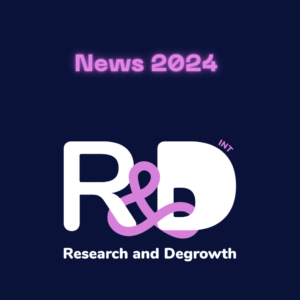
News 2024

Curso “La casa en llamas: debates de política climática”
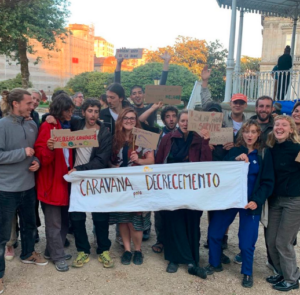
Introducing the Degrowth Bike Caravan Blogpost Series
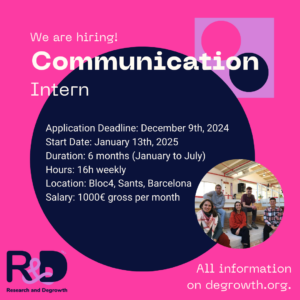
Call for Communication Intern

The Northern Champion

Enoughness: Confronting growthism and ‘decolonizing our minds’ in North and South

Kaupapa Māori Enterprise: Agents of Māori Aspiration
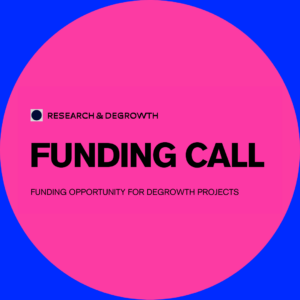
Funding Call 2024

Clothing Library: Borrow Not Buy – A Bridge to Behavior Change
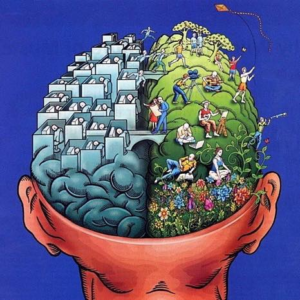
Communication for Social Change and Cultural Efficiency
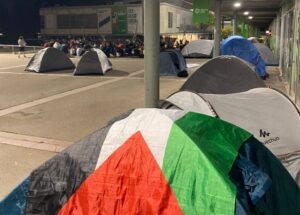
National liberation in Palestine is an indispensable step towards degrowth
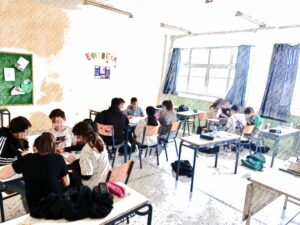
Critical Youth Participatory Spatial Planning: What does it have to do with Degrowth?
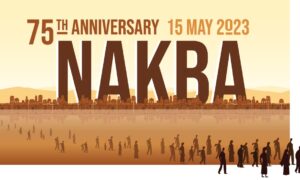
Feminism(s) and Degrowth Alliance joins the Global day of Action for Gaza on 76th Nakba Anniversary commemorated on May 15, 2024

Libertarian Degrowth: Anarcho-Syndicalist Paths for a Just Degrowth Transition

Living the questions: Why is an ontological metamorphosis foundational for enacting degrowth?
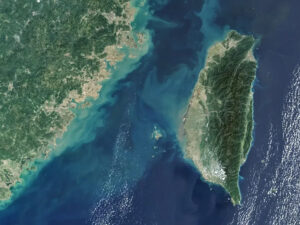
‘Gaga’ – a Taiwanese indigenous post-development concept

